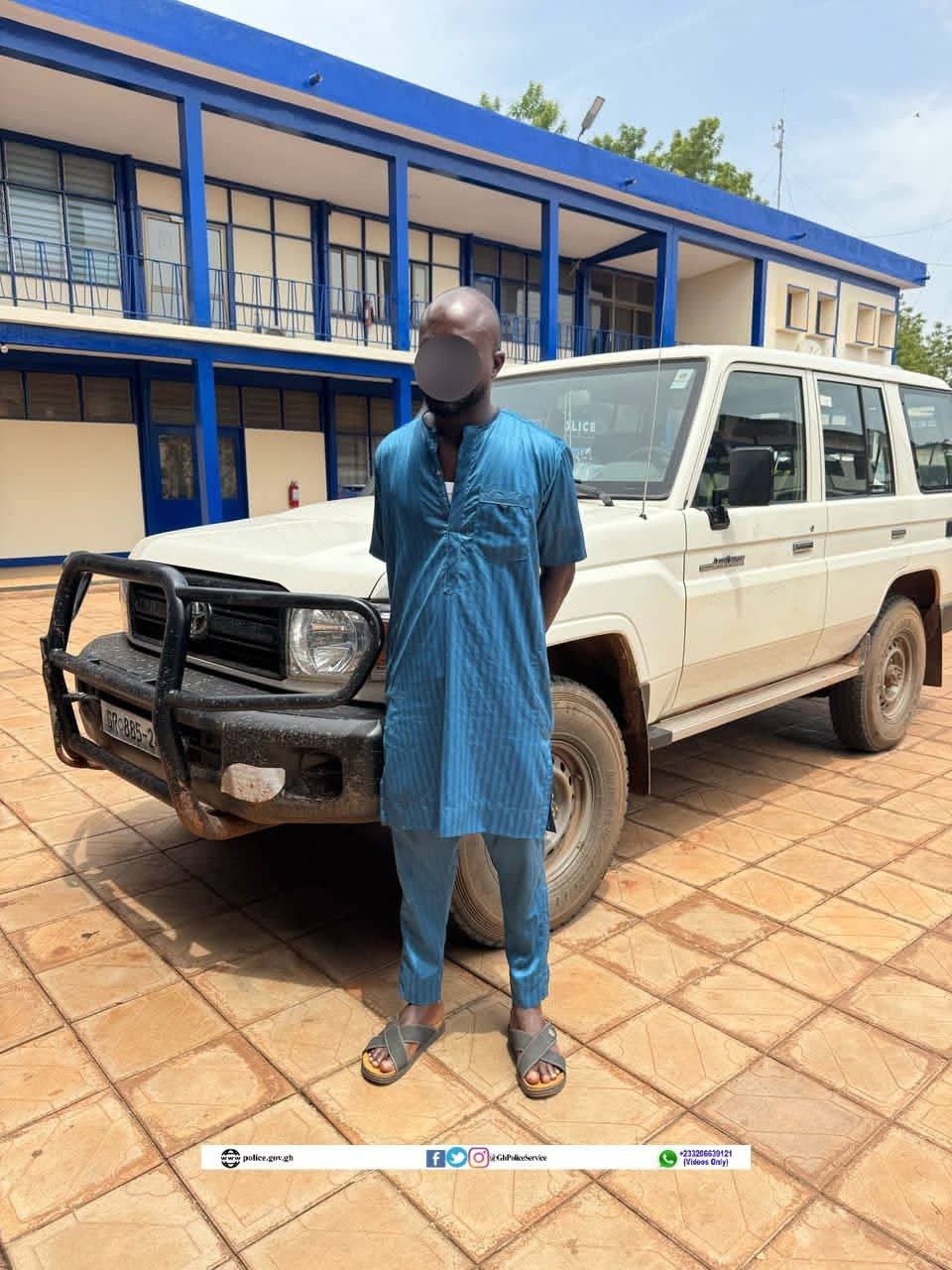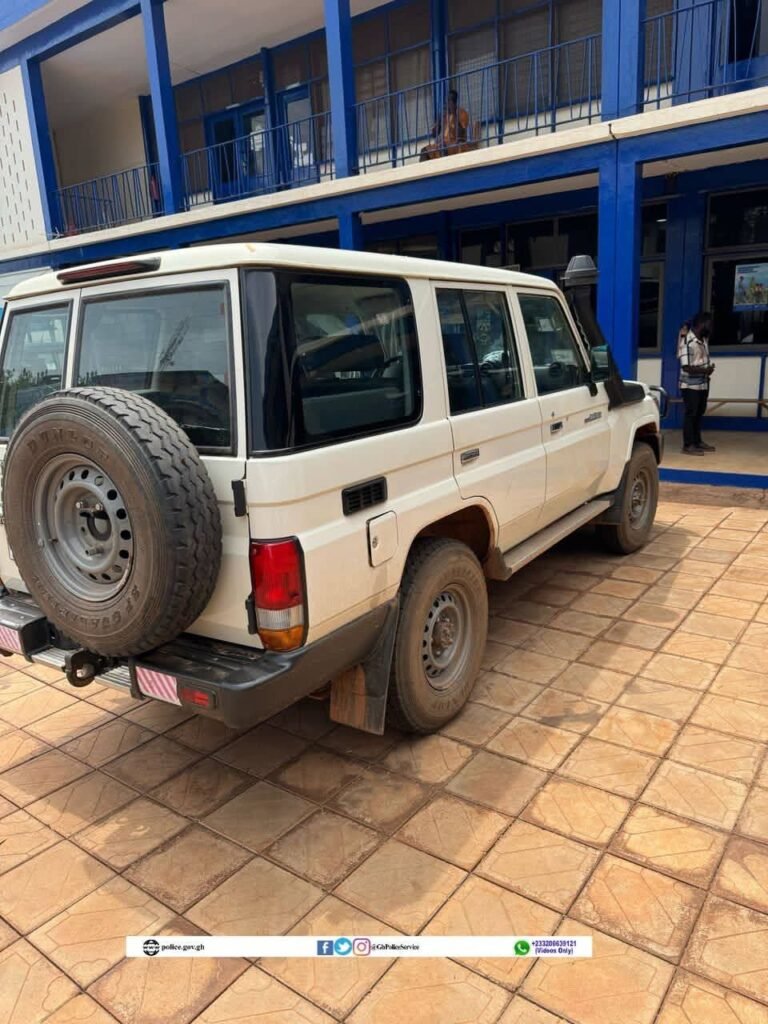News
…but NPP rubbishes claim

The New Patriotic Party (NPP) government has debunked claims by the opposition National Democratic Congress (NDC) that it had failed to fulfill most of its manifesto promises leading up to the 2016 election.
It said the Akufo-Addo-led government made 388 promises in its 2016 manifesto and not 631 as claimed by the NDC at its press conference earlier yesterday.
In a press conference held yesterday in Accra, the Minister of Information, Kojo Oppong Nkrumah said the claims by the NDC was false and that the opposition party had lifted words from the vision and strategy framework of the NPP manifesto and copied the words and phrases as articulated in them and created them as new promises in order to increase the promises.
He said “this is attempt to distort the base and claim that we have made a declaration that is dishonest. This attempt itself is the true definition of intellectual dishonesty.”
According to the Minister of Information, the NDC had added on to the 235 new promises to its initial promises of 388 thereby increasing it to 631.
Mr Nkrumah said the NDC had made two claims saying that the first one is the claim that whilst government in its report in February this year, outlined 388 promises and accounted for them, they (NDC) have discovered an extra 235 promises which the government has hidden or refused to account for.
“The second claim was that, the NPP has failed in delivering 86 per cent of this supposed 631 promises, “in other words, they claim we have only achieved 14 per cent of this supposed 631 promises,” he said.
The NDC had in an earlier press conference accused the government of “mind-boggling” intellectual dishonesty because it was not being candid with citizens in terms of delivering on its 2016 manifesto.
A presentation on the promises of the NPP which was led by Samual Okudzeto Ablakwa, the North Tongu MP, said the fulfilment of the NPP’s promises was woeful.
“You are given four good years of the destiny of the people and all you can do is 14 per cent. And even this we have been so generous. You scored an F.”
“You don’t even have the courage to apologise for it and try to see if you can make amends but you think you can lie your way through by understating the number of promises that you made,” he argued.
Source: Ghanaian Times
News
Police arrest suspect for stealing vehicle belonging EPA in Tarkwa

The Western Central Regional Police Command has arrested one person for stealing a Toyota Land Cruiser (PC) with registration number GS 1845-23 which is the property of the Environmental Protection Agency (EPA) at Tarkwa in the Western Region.
The suspect, Salifu Gariba, was arrested by officers of the Northern Regional Police Command on April 16, 2025 at Kukobila, along the Tamale-Bolgatanga highway, and the stolen vehicle recovered from him.

Preliminary investigation indicates that the vehicle was stolen in the early hours of April 15, 2025 from the residence of an employee of the EPA at Budo City, a suburb of Tarkwa.
Suspect Salifu Gariba is currently in police custody and will be taken through the due process of the law.
News
National Service Authority to Introduce Military Training

Management of the National Service Authority, yesterday, Wednesday, April 23, 2025, held talks with the Military High Command towards the implementation of the National Service Emergency Response Readiness Programme (NSERRP).
When implemented, this will reflect His Excellency the President’s commitment towards the implementation of a short military training for National Service Personnel (NSPs) as planned efforts to instill discipline, nationalism and physical fitness among Ghanaian graduates.
The President shared this position during his maiden State of the Nation Address in Parliament on Thursday February 27, 2025.
At yesterday ’s meeting, the Director-General, Mr. Felix Gyamfi reiterated the need for all personnel to undergo basic military drills and orientation as part of orienting the youth to embrace national development.
“The introduction of this military training is a step in the right direction and must be embraced by all and sundry as one of the indicators for resetting the country, particularly the youth,” he commented.
On his part, Brigadier General Amoah-Boakye assured the Authority of their willingness to provide the requisite training for personnel when the Programme officially commences.
In all, personnel will receive up to two months of composite basic military drills starting 3rd August, 2025.








